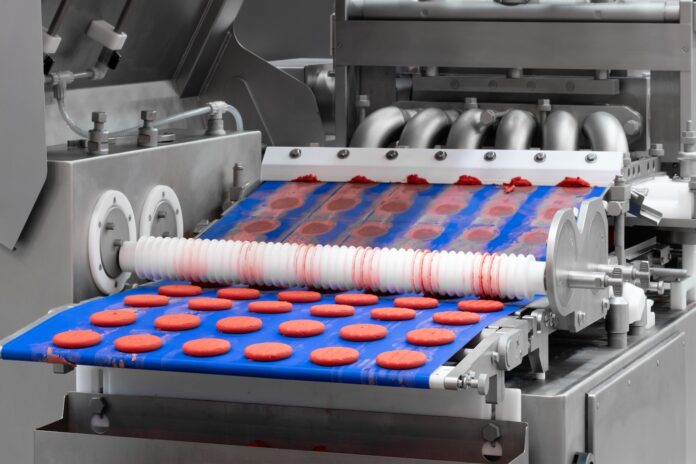Although cannabis can be a very profitable industry, the barriers to entry for a new business can be daunting. For existing companies, expanding into new product categories requires a heavy financial investment in research and development, new equipment for manufacturing, additional employees to operate it, extra floor space to produce more goods, and an increasingly complex supply chain to support it all. For these reasons and many others, white labeling has become a viable solution in the cannabis market.
White label and private label products are far from new concepts, amounting to $158.8 billion in U.S. retail sales in 2020, or about 19.5 percent of the total market. In simple terms, white labeling is when a third-party manufacturers a product to be marketed and sold under another company’s branding. When the other brand is a retailer, it’s usually called a private label product. The go-to example of private labeling for a competitive price is Costco’s line of Kirkland products, many of which are known by consumers to be the same as their original counterparts.
What is white labeling in cannabis?
“[White labeling] is an effective strategy for those that may be undercapitalized or don’t have the desire to take on more of the vertically integrated pieces of the cannabis puzzle,” said Harrison Wise, founder and president of Wise Collective. “If you have a brand, packaging, and a reputable white label partner — I’m reluctant to use the word shortcut — but it’s the right kind of shortcut to get a product to market.”
Wise stressed that interested brands need to vet a white label manufacturing facility just like they would with any part of the business, if not more. “You have to find the right partners who share your vision, and in the case of white labeling, adhere to all the necessary protocols. Quality control, testing, etc.,” he said. At the end of the day, the brand’s reputation is on the line regardless of who’s responsible for making the product.
One white label manufacturer that lists quality as its top value is Miquel y Costas, a leading paper manufacturer based in Barcelona, Spain.
“Miquel Y Costas focuses on three company-owned, world-renowned brands in the United States. Smoking, Pure Hemp, and SmK,” said Chad Tefteller, the company’s North American business development manager.
The average consumer may not be familiar with Miquel y Costas, but the company plays a role in producing a number of well-known cannabis-based products through Bob Marley, Mike Tyson 2.0, Papers by Futurola, Bugler, Bambu, and Goodtimes. While consumers may not be aware, private label papers and white label pre-rolls are widespread in the cannabis industry, even if they’re difficult to recognize with custom packaging.
“We do not generally do white labels for small production runs, as we are focusing on our brands, and large brands who have an established market in the United States,” he said.
Tefteller feels that white labeling, specifically in the case of paper-based products, can offer a company a lot of flexibility both in volume and savings. “White label papers are a good option if a person or company has a small business, a new business, or not a lot of working capital. You can buy as few as 10,000 booklets from some white label manufacturers.”
Another important consideration should be where the manufacturer is located. In some cases, natural resources and local experience can play a significant role in the level of quality and consistency.
“The country where white labels are purchased makes all the difference in the world. Spain and France are the birthplaces of roll-your-own papers, and the best papers in the world are produced in these areas,” he said. “U.S.-made cones and booklets are produced by a few small manufacturers, and they are usually high-quality as well.”
Regardless of the product category, the biggest questions typically boil down to price. Tefteller pointed out that it’s important to do your homework on that point. “If a manufacturer offers you services or costs that seem too good to be true, then they probably are.”
Cannabis brands should also be aware that costs have been on the rise for a couple of years. “During and since COVID, shipping by both air and sea are at an all-time high. A customer should be cognizant of their added costs for shipping as this will be passed along to them on their invoices,” he said.
Whether you’re exploring high-quality private label pre-rolls, low-cost infused products, or any other form of white label production, the move to a skilled third-party manufacturer warrants serious consideration. As a best practice, get several detailed quotes and compare them while considering each company’s values and goals.












[…] wanting to add a house line or product brands hoping to add a new item to their catalog may find white-labeling an easy and cost-efficient way to reach their […]